Xiaomi Mi Max 3 To Launch With Wireless Charging And Iris Scanner
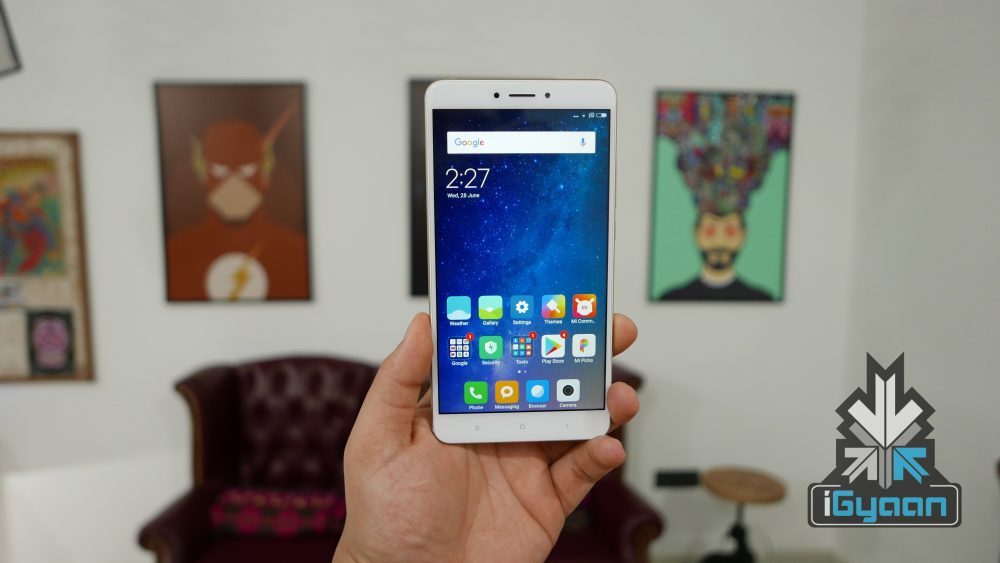
So far, a lot of the attention has been focussed on one Xiaomi device, the Mi Mix 2S. While the Mi Mix 2S is expected to be unveiled at MWC 2018, the Mi Max 3 will be launched in mid-2018. So far, there have been a few leaks regarding the Mi Max 3 but, some interesting information has been revealed about the device.
XDA Developers came across a firmware that has a revealed a few features of the upcoming device. According to the leaks, the Mi Max 3 will be powered by the Snapdragon 660 chipset. The firmware also reveals that the device will support wireless charging which means it will have a more premium build.
Other than that, it revealed that the smartphone will have an 18:9 aspect ratio. Powering the phablet will be a massive 5500 mAh battery that will probably support fast charging as well. The Mi Max 3 will run Android 8 Oreo out of the box with MIUI 9 on top. The Mi Max 3 will have either Sony’s IMX363 camera sensor, or, Samsung’s S5K217 + S5K5E8 sensors on the back. On the front, there will be a single Samsung S5K4H7 sensor.
Xiaomi Mi Max 3 Specifications
The Mi Max 3will succeed the Mi Max 2 from 2017. It is exoected to move on from the 16:9 aspect ratio and thick bezels. It will have a 6.99 inch IPS LCD display with a 2160 x 1080 px resolution. The smartphone will have a glass back since it is expected to support wireless charging. This could be a game changer since the Mi Max series has always been priced under Rs. 20,000 in India.
Under the hood, the device will either have the Qualcomm Snapdragon 660 or the 630 chipset. That is expected to be coupled with up to 6GB of RAM and expandable storage options. The Mi Max 3 will be powered by a massive 5500 mAh battery and run Android 8 Oreo out of the box.
Conclusion
While the leaked details look impressive, nothing is for certain right now. The launch of the Mi Max 3 is a bit far away and it seems too early for such comprehensive leaks. Also, wireless charging for a smartphone under Rs. 20,000 could be unprecedented if true.
















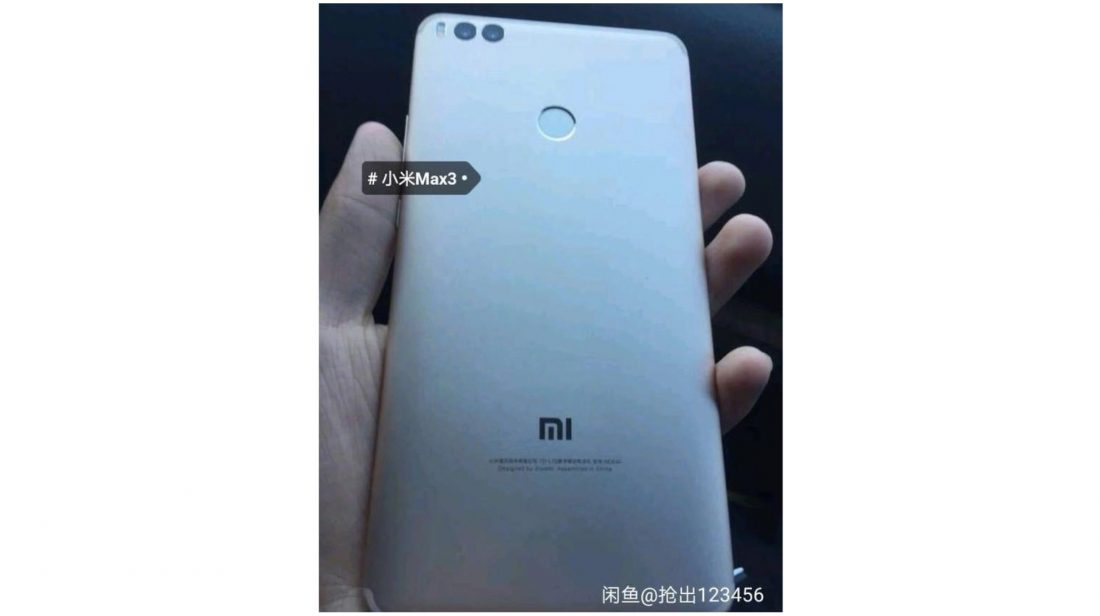
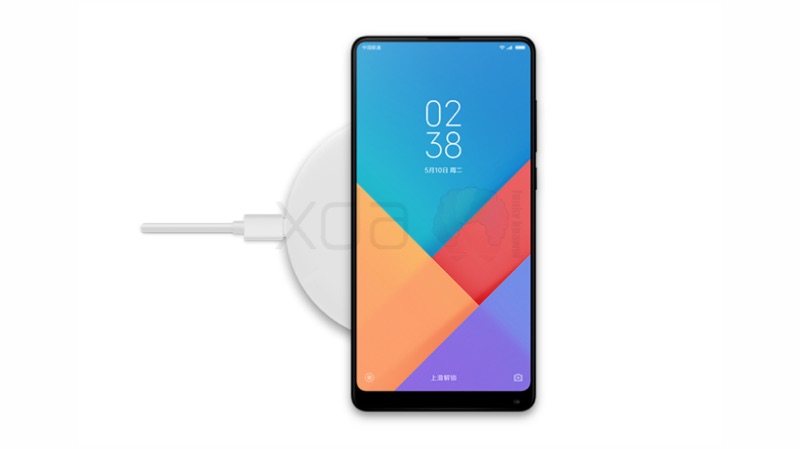
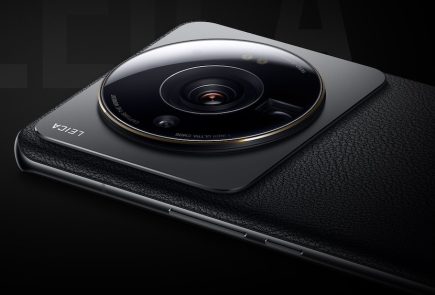
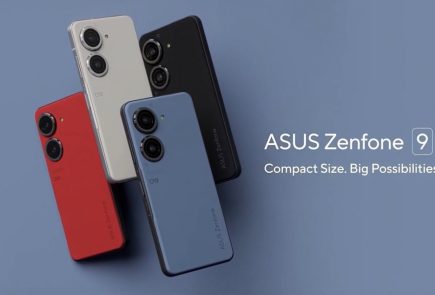

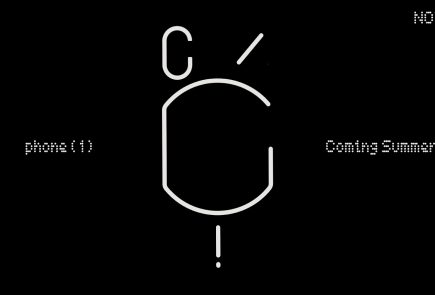

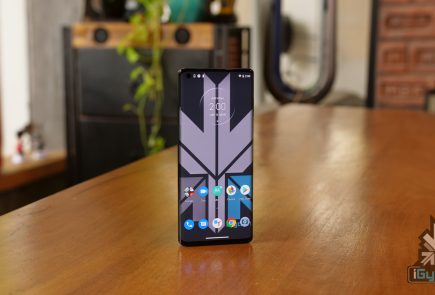


 ! For i
! For i